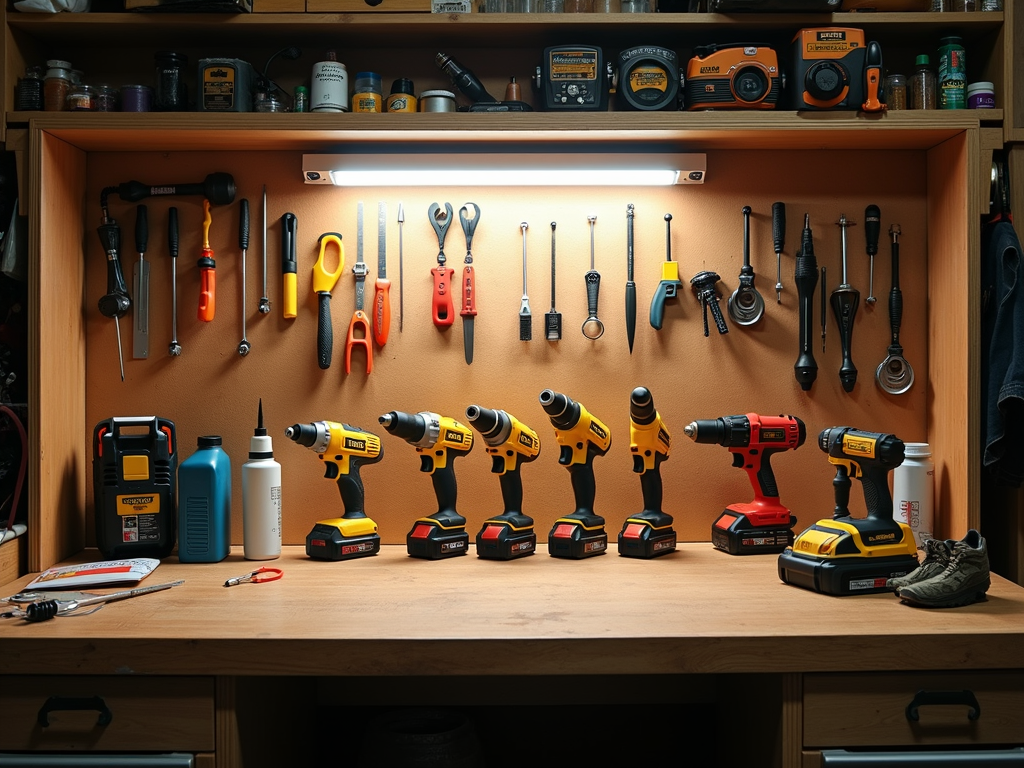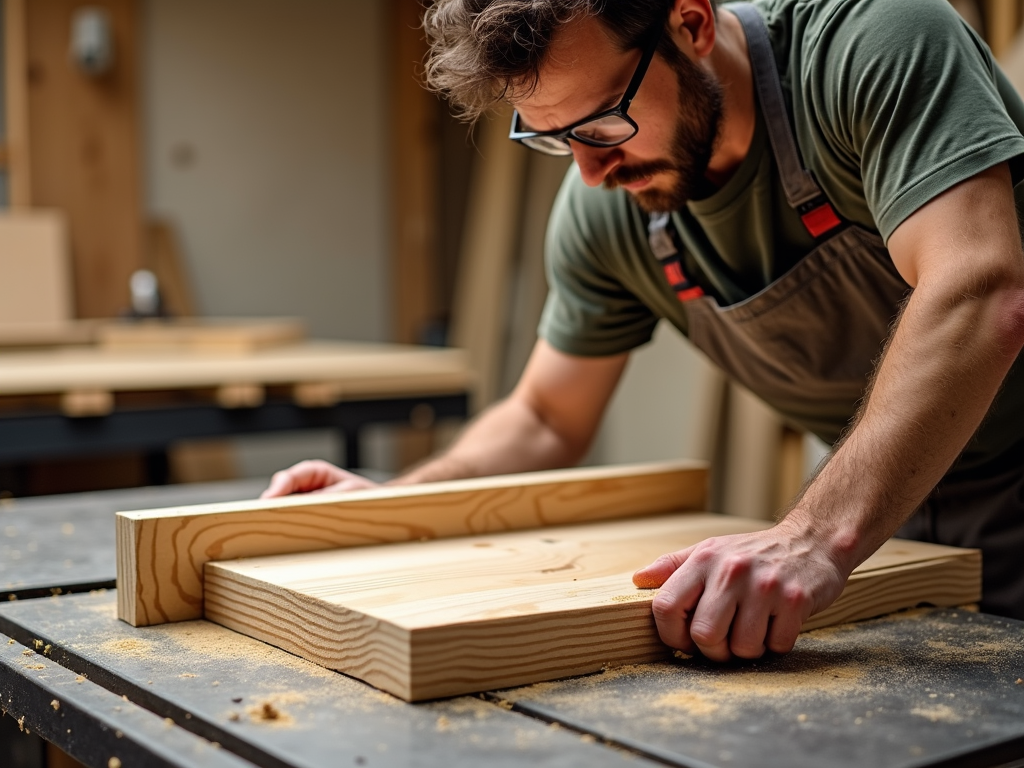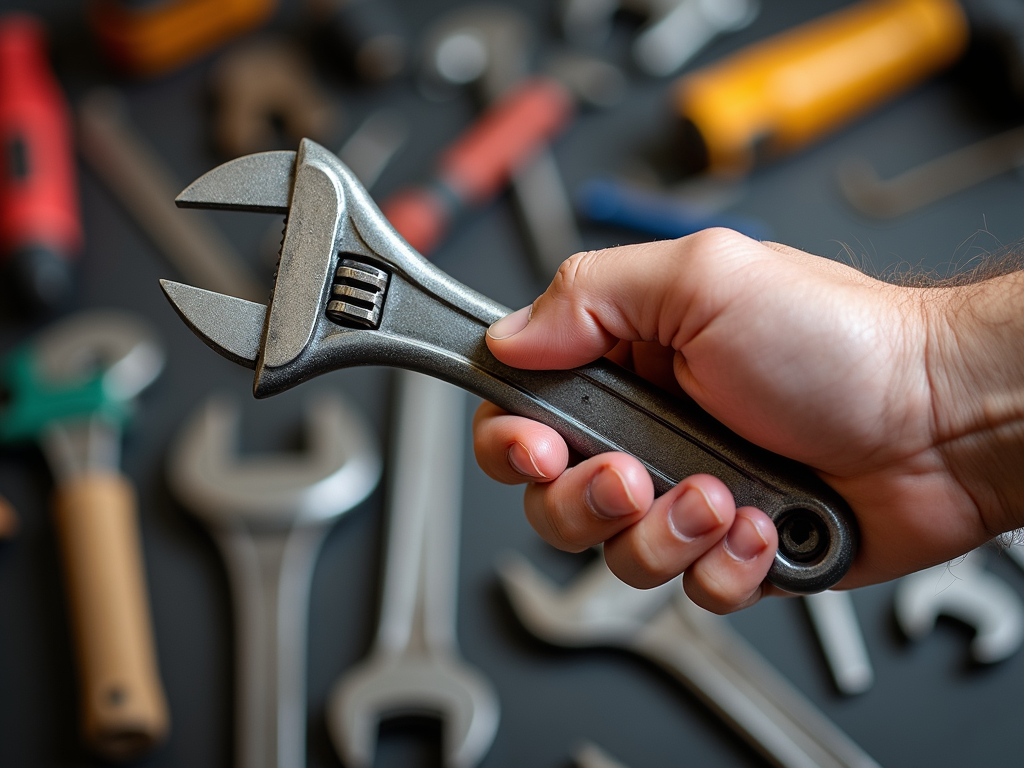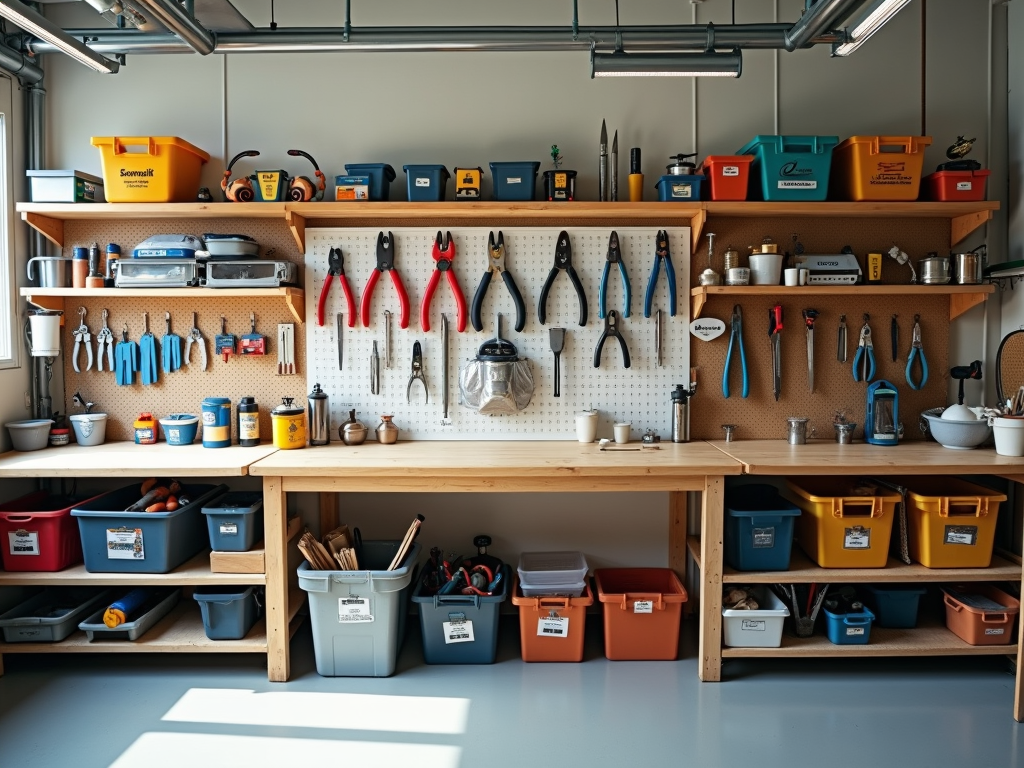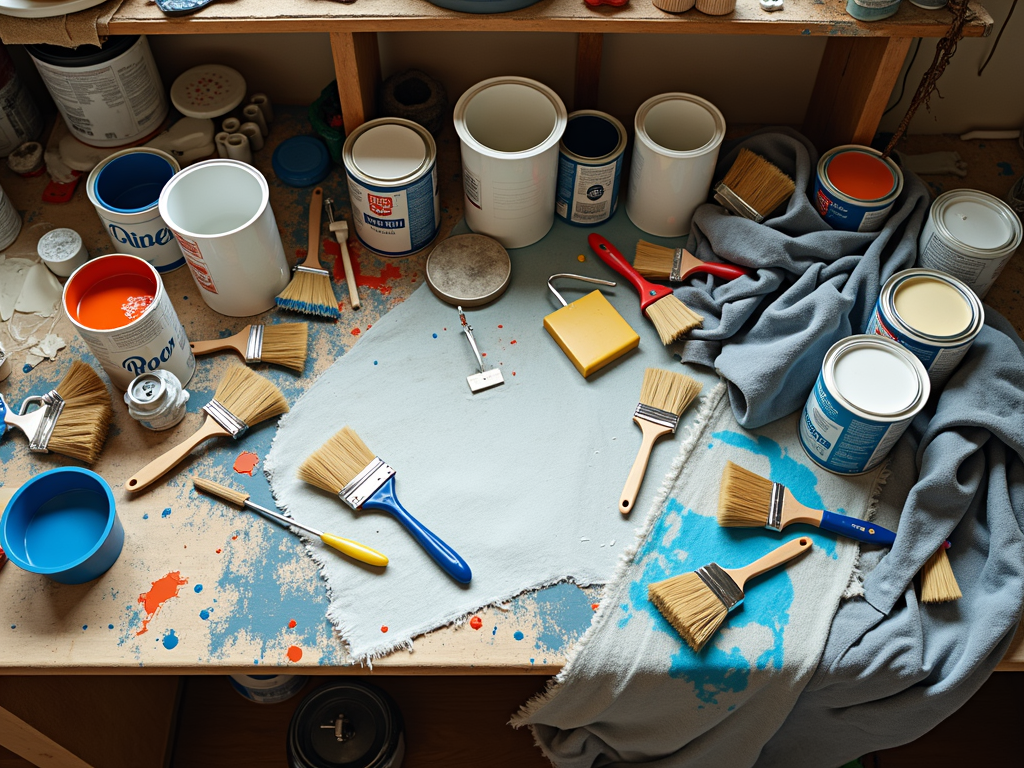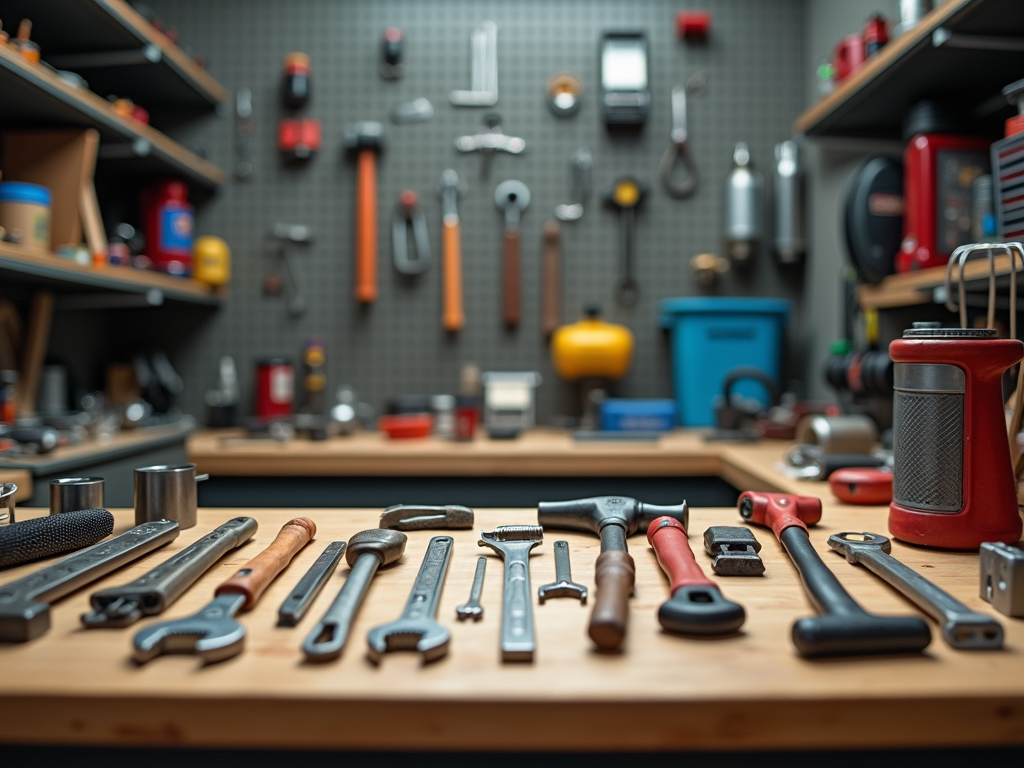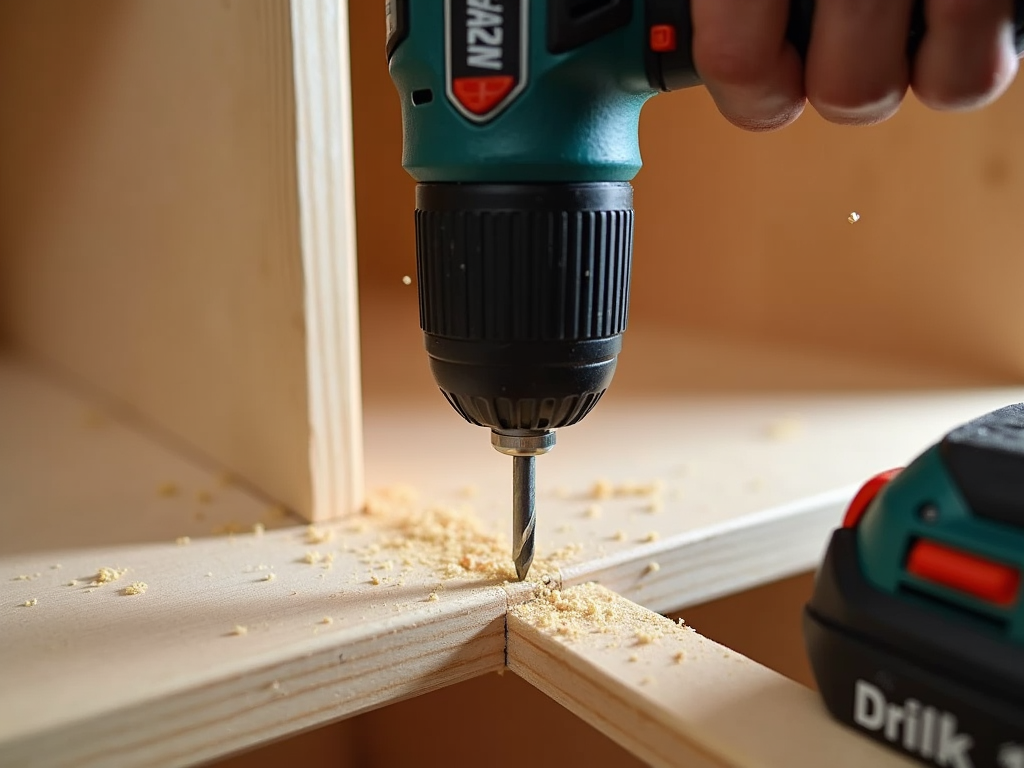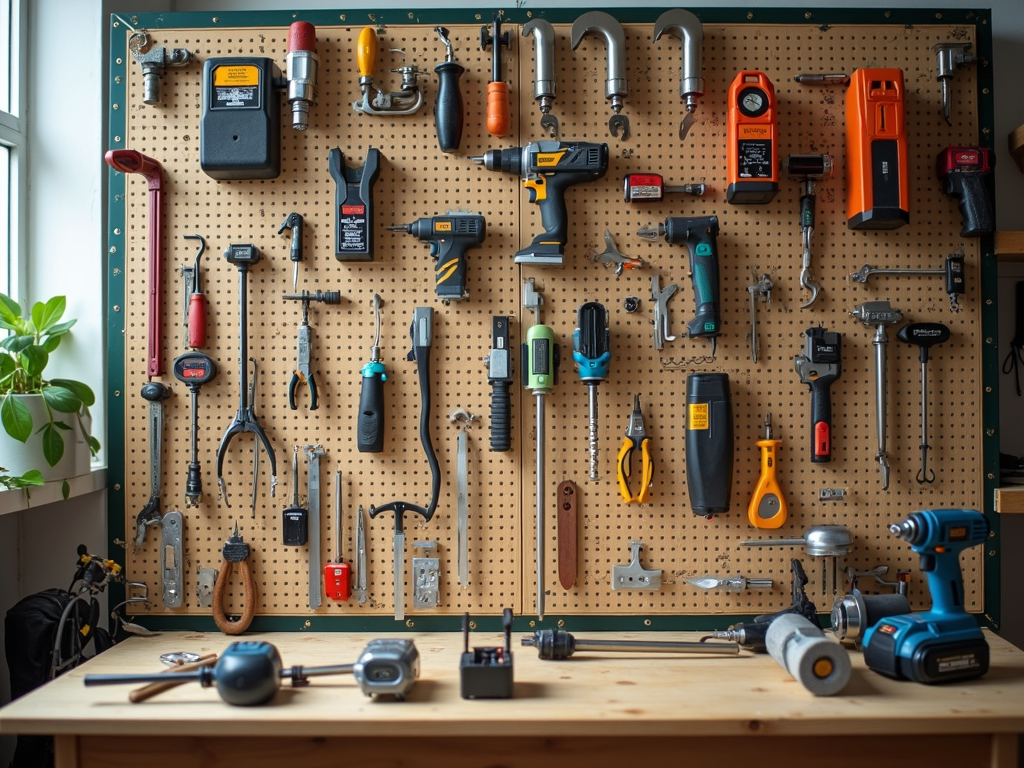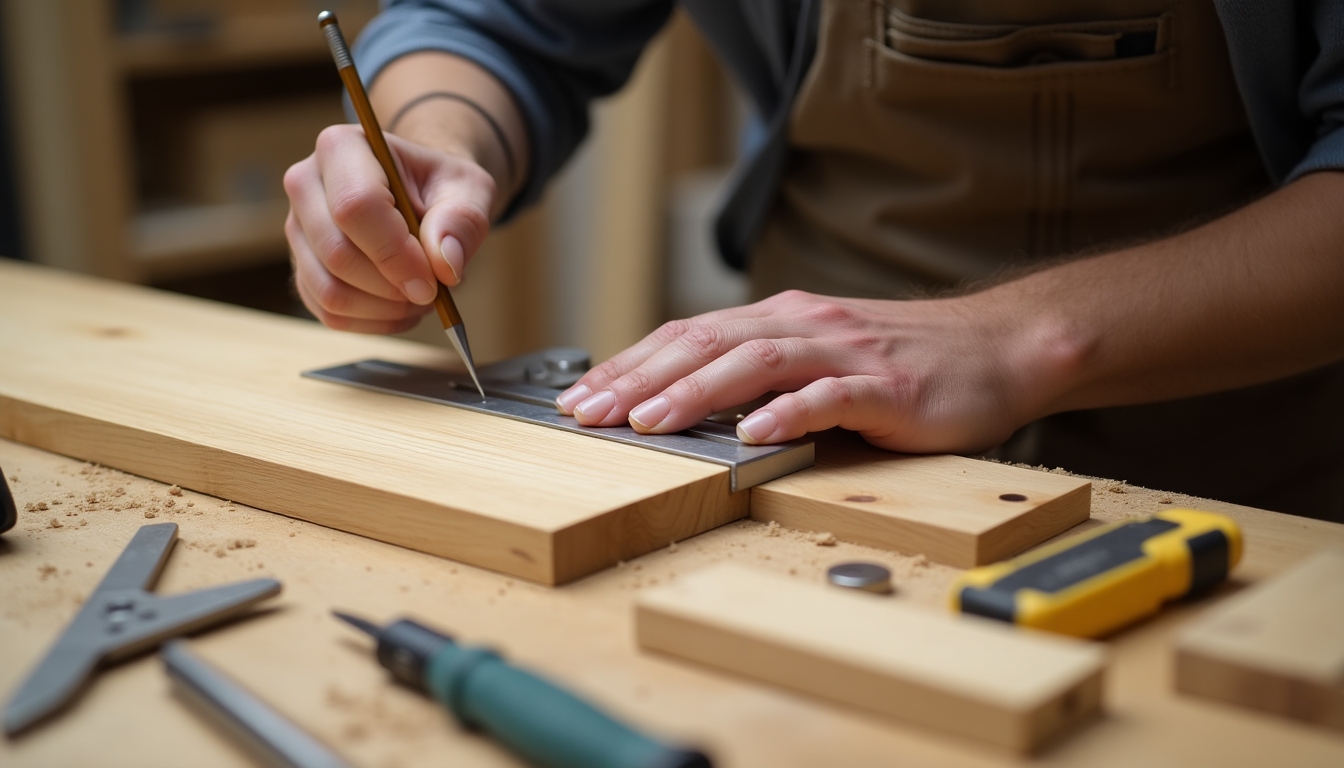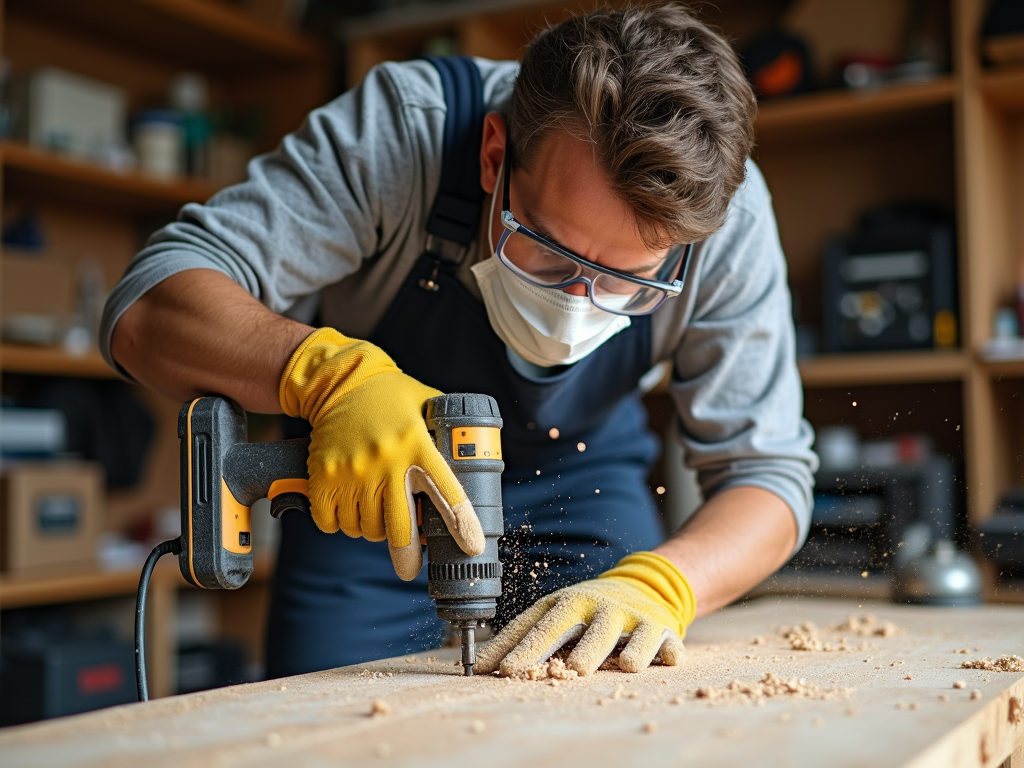Proper tool maintenance ensures your tools last longer and work better. This guide shares simple, effective tips to care for hand tools and workman tools, helping beginners and pros alike keep their gear in top shape.
Why Tool Maintenance Matters
Taking care of your tools isn’t just about appearances—it keeps them working well and safe to use. Good maintenance saves you money by avoiding replacements and makes every job easier. For beginners with essential workman tools, it’s a must. Even ergonomic hand tools for reduced strain need regular attention to stay effective.
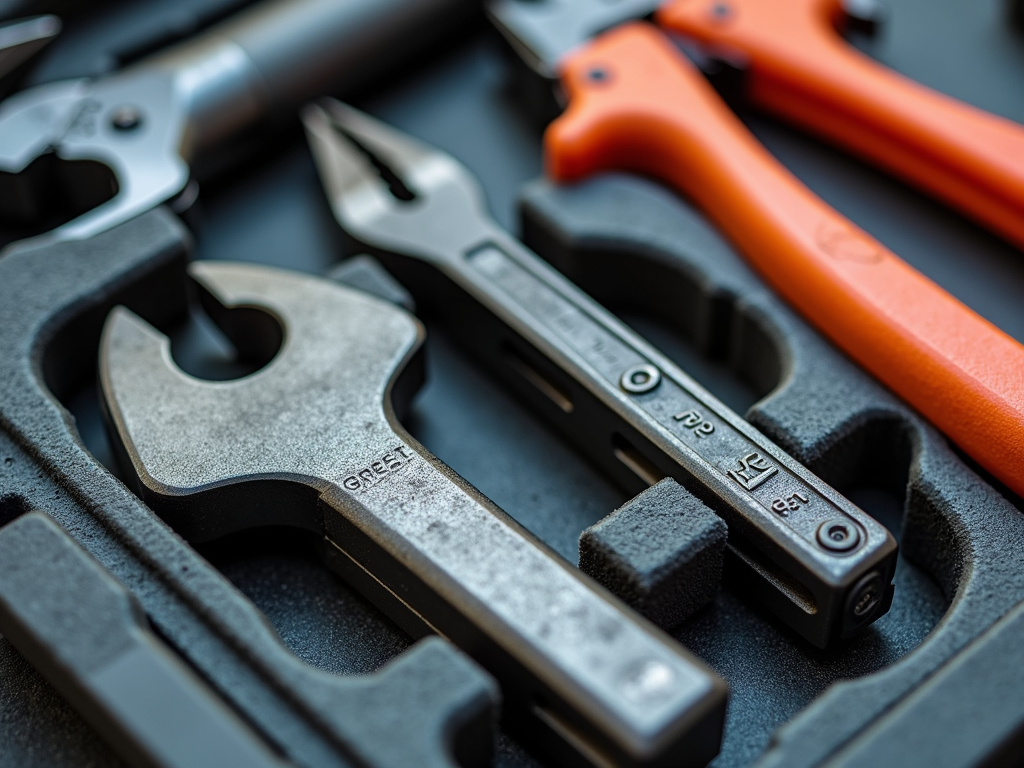
The Cost of Skipping Maintenance
Ignoring your tools can hit your wallet hard. Rust, dull edges, or broken parts mean you’ll spend more on fixes or new tools. A quick wipe-down after use can stop these problems. The National Institute for Occupational Safety and Health says proper care cuts injury risks by up to 20% (NIOSH).
Top Tool Maintenance Tips for Longevity
1. Clean Tools After Every Use
Dirt and moisture are your tools’ worst enemies. Cleaning them keeps rust away and ensures they’re ready for the next job. Here’s how:
- Wipe off dust and grime with a dry cloth.
- Use soapy water for sticky messes, then rinse.
- Dry every inch to stop corrosion.
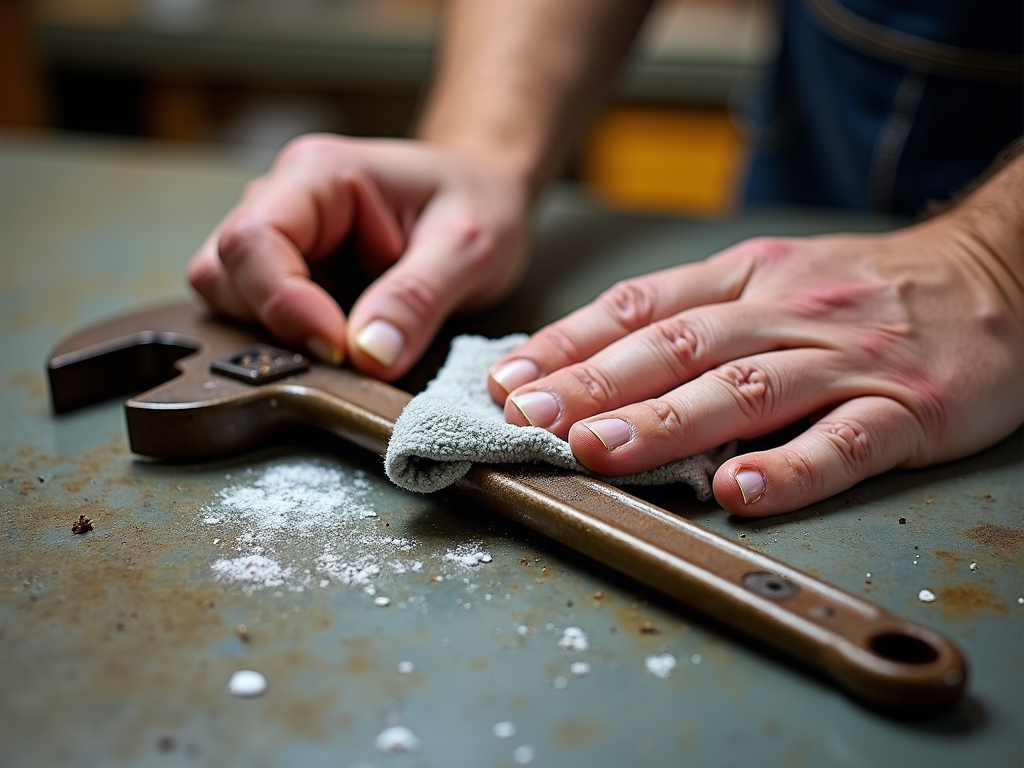
2. Store Tools the Right Way
How you store your tools matters. Good storage stops damage and keeps them handy. Try these ideas:
- Keep them in a toolbox to block dust and dampness.
- Hang them on a pegboard for easy access.
- Pick a dry spot—wet areas speed up rust.
Tool Storage Options Compared
| Method | Benefits | Drawbacks |
|---|---|---|
| Toolbox | Easy to carry, protective | Can get heavy |
| Tool Chest | Holds lots, stays tidy | Takes up room |
| Pegboard | Easy to see and grab | Dust can settle on tools |
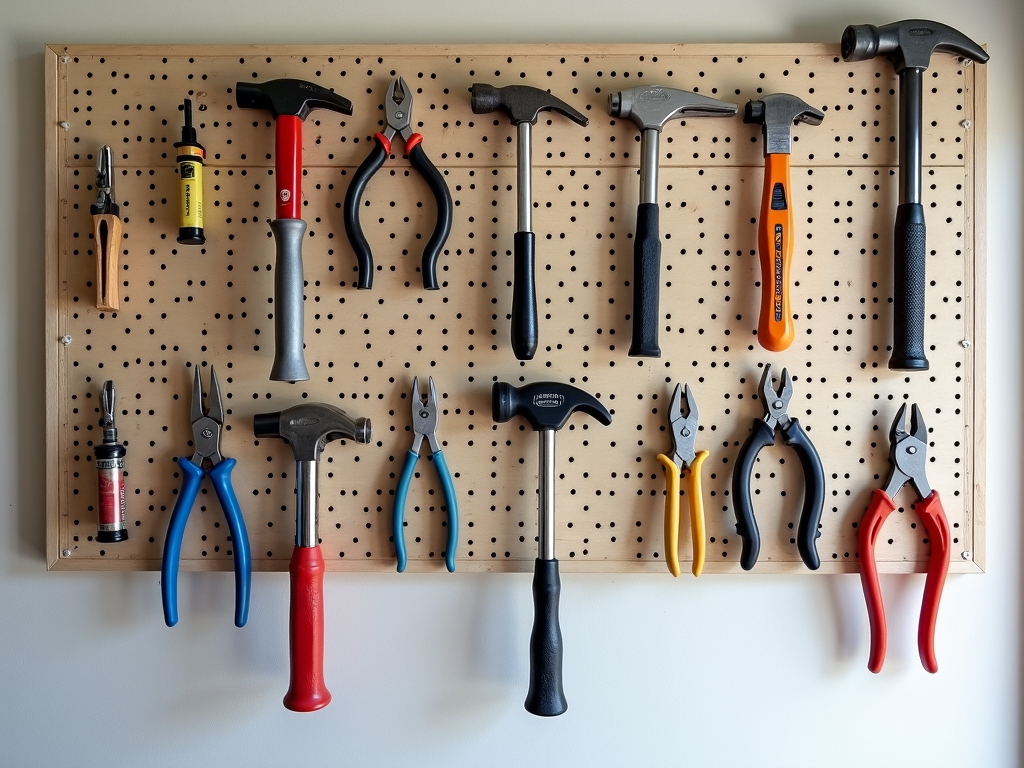
3. Handle Tools with Care
Using tools the right way keeps them in good shape. Misusing them wears them out fast. Follow these tips:
- Stick to what the tool’s made for—don’t pry with a screwdriver.
- Use steady pressure, not brute force.
- Wear gloves or safety glasses to protect yourself and the tool.
4. Check Tools Regularly
Look over your tools now and then. Spotting small issues early saves big headaches later. Watch for:
- Cracks or dents that weaken the tool.
- Rust spots—clean them up fast.
- Wobbly bits—tighten screws or bolts.
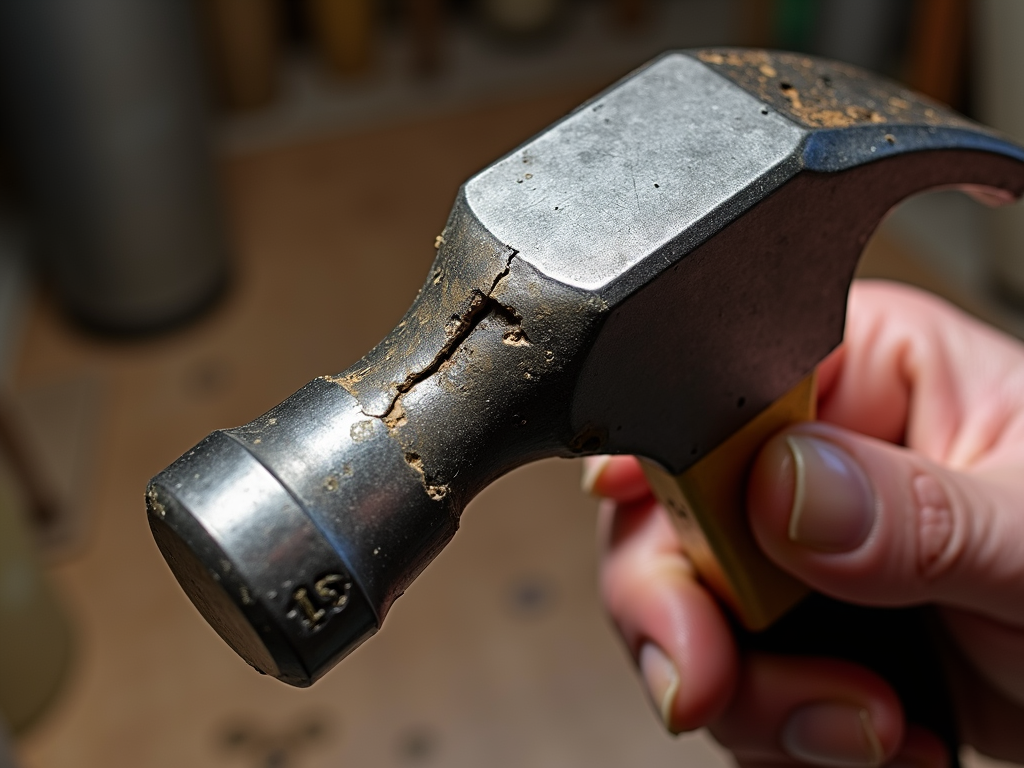
5. Oil Tools to Prevent Rust
A little oil goes a long way. It keeps metal tools smooth and rust-free. Here’s what to do:
- Rub a thin layer of oil on metal parts with a cloth.
- Try a rust-preventing spray for extra help.
- Keep tools in a dry place—moisture is the enemy.
My Take on Tool Maintenance
I learned this the hard way. Years ago, I left a pile of wrenches in my damp garage. Soon, they were rusty and stiff. Now, I oil them after every cleaning, and they’ve lasted me years. Small habits like this make a huge difference for tool maintenance tips for longevity.
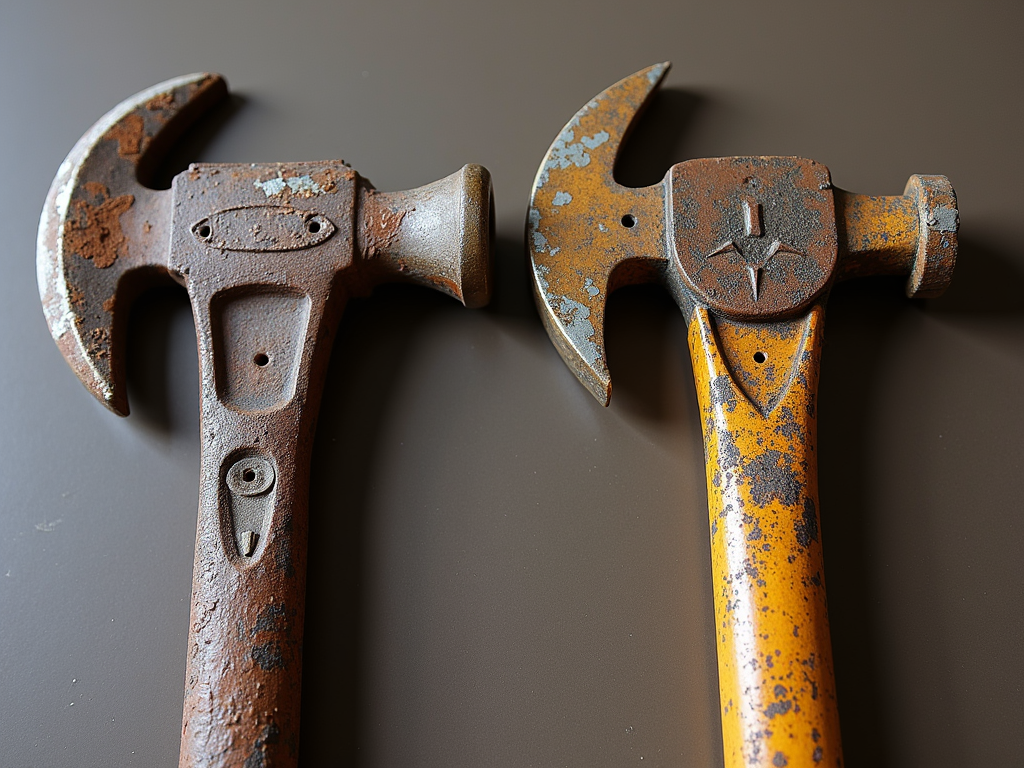
Must-Have Essential Workman Tools for Beginners
Starting out? Get these basics—they’re easy to maintain and super useful:
- Screwdriver set: Handles all kinds of screws.
- Adjustable wrench: Fits most bolts.
- Hammer: Great for nails and light prying.
- Pliers: Perfect for gripping small stuff.
- Tape measure: Keeps your cuts and fits spot-on.
Picking Ergonomic Hand Tools for Reduced Strain
Comfort matters when you’re working long hours. Ergonomic hand tools for reduced strain feel better and cut down on tiredness. Look for:
- Curved handles that fit your grip.
- Rubber grips that don’t slip.
- Lighter builds to ease the load.
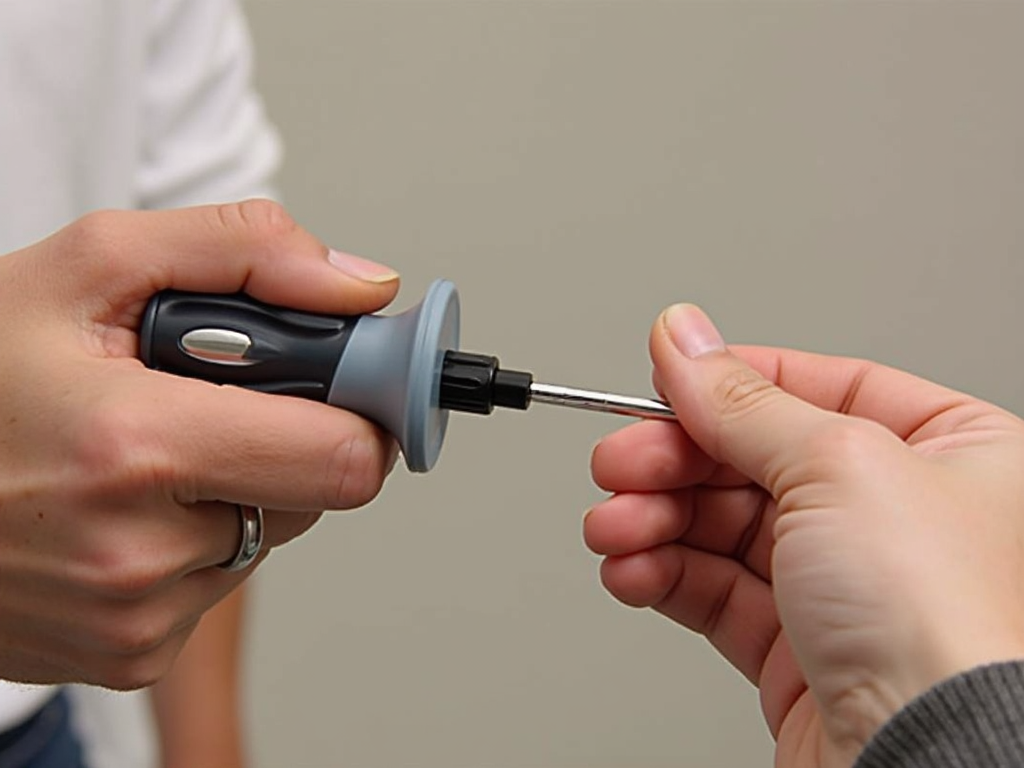
Extra Tips for Long-Lasting Tools
Beyond the basics, here’s more to keep your workman tools going strong:
- Sharpen blades when they dull—don’t let them grind away.
- Replace worn grips to keep control.
- Label your toolbox slots so tools always go back right.
A Routine That Works
Set a schedule. I clean and check my tools every Sunday—it takes 20 minutes tops. This habit keeps my hand tools reliable and saves me from scrambling mid-project. Find a rhythm that fits your week.
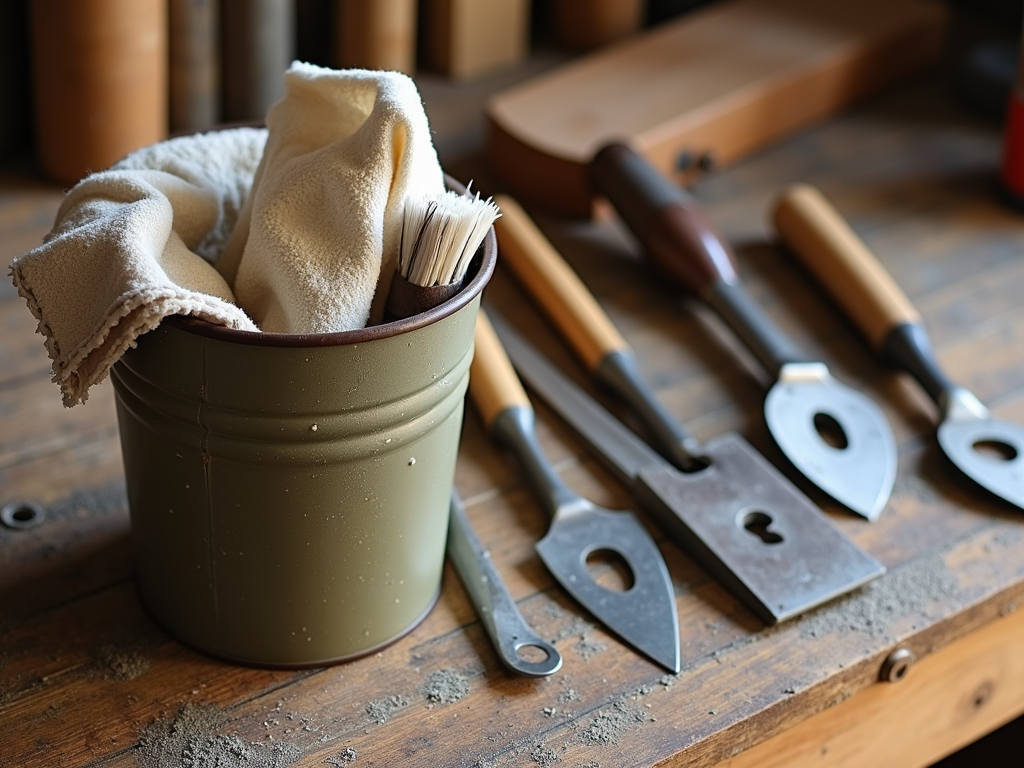
How Maintenance Pays Off
Caring for tools isn’t extra work—it’s smart work. Clean, sharp, and stored right, they make every task smoother. I’ve got a hammer I’ve used for 10 years because I didn’t let it rust or crack. That’s the power of these tool maintenance tips for longevity.
Summary
Good tool maintenance keeps your hand tools and workman tools lasting years. Clean them, store them right, use them properly, check them often, and add a touch of oil. Start with essential workman tools for beginners and pick ergonomic hand tools for reduced strain. With these tips, your tools will stay strong and ready.
Want to dig deeper? Check out the recommended readings below!
Related Tool Maintenance Tips for Longevity:
- Safety Tips for Using Power Tools: A Comprehensive Guide
- Tablesaws with Advanced Safety Mechanisms: A Comprehensive Guide
- How to Choose the Right Wrench for Your Project
- How to Organize Your Workshop for Maximum Efficiency
- Tool Organization Tips for Painters: Boost Your Efficiency and Creativity
- Essential Tools for Every Workman's Toolbox: A Comprehensive Guide
- Best Power Tools for DIY Beginners
- Mastering Workshop Tool Maintenance: A Pro's Guide to Long-Lasting Gear
- Sustainable Practices in Modern Workshops
- Power Tools Safety Guidelines: A Comprehensive Guide
- Mastering Advanced Techniques for Professional Woodworkers
- Must-Have Safety Gear for DIY Projects: Stay Protected While You Create
